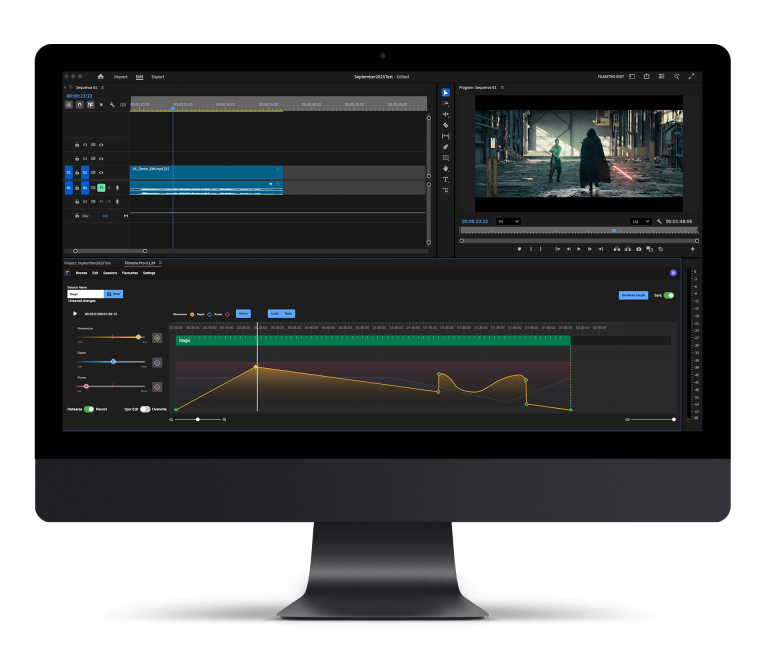Writing a perfect logline:
A logline is an integral part of filmmaking and writing a perfect logline is something all filmmakers strive to do.
Loglines are one-liners that can be the gateway to having your script sold. Some production companies are sent hundreds and hundreds of scripts a week but how do they do their first filter? They look at the loglines. They place the ones they like to one side, and the ones with the poorly written, and dull loglines, they simply don’t read.
You could have a fantastic script, but, if the logline sucks, it can cost you everything.
To avoid the above paragraph, we decided to delve into what a logline is, and the key tips for writing the perfect one.
Let’s check them out.
What is a logline?
A logline is a sentence or two that identifies your protagonist, the primary action and your inciting incident. It’s essentially your “hook”. You need it to summarise your film to your audience in a few words, it’s an art in itself.
The logline is used to sell your screenplay, it’s integral to your film treatment and the overall structure of your script.
The primary reason the logline helps to sell your script is that it’s essentially a way in which the gatekeeper at a production house can filter scripts to see who gets the chance to have their script read. This little sentence can be everything.
A bad logline can ruin an amazing script. That one sentence is essential.
Three key tips for writing the perfect logline:
Our three tips will help you better yourself when writing your logline.
Be specific about the characters actions
Be really specific about the characters actions in the logline and define your character’s goal in this action. Up the stake and create urgency when writing about the character’s action. Are they looking to save someone? Stop something from happening? Make sure you have an action in the logline and one with urgency.
Create an interesting protagonist
When creating your protagonist, you need them to have depth, ooze interesting qualities. This will one help your screenplay but two give you substance when writing your logline and synopsis.
Use a strong, short description – but don’t use their name, as we don’t know any of the characters yet. You can describe them, for example, if they’re a builder don’t say they’re a builder as it’s too boring – maybe their blind? Maybe they’re building something ridiculous? Include these ideas as it will draw attention to your script when someones reading your logline.
Do something unexpected
When writing a logline, or even looking at developing your script, oddities or surprising aspects of a character can be the biggest selling point and pave the way for some gripping twists in your plot.
This works well for the logline as it immediately grabs the readers attention and pulls them towards wanting to more of the read the story.
—-
We hope you enjoyed this article, don’t miss out on any of our other blogs! Sign up to Filmstro and follow us on Twitter, Facebook and subscribe to our Youtube channel.









